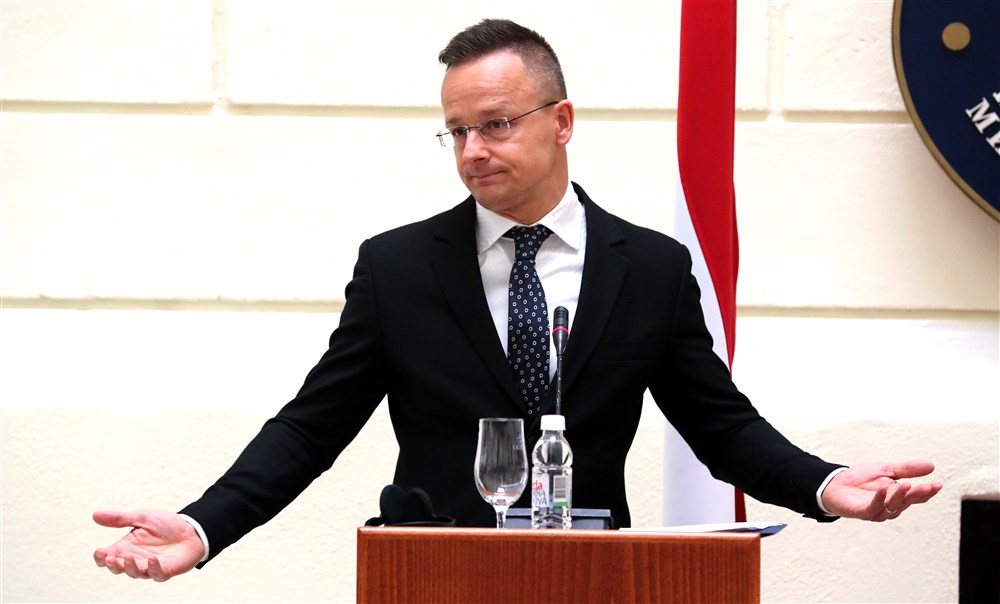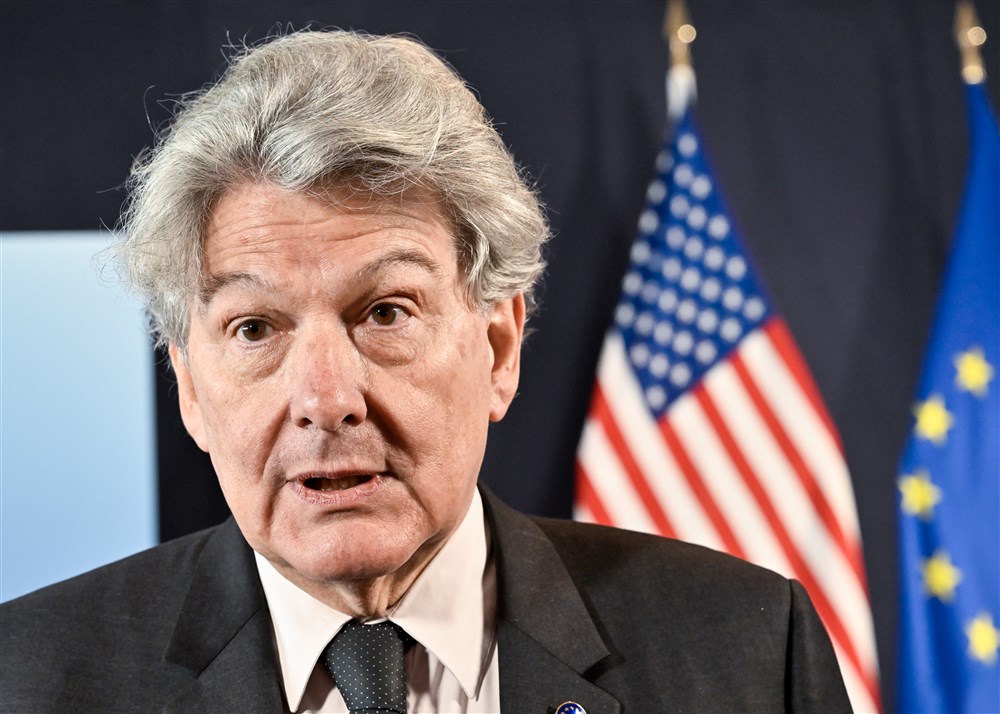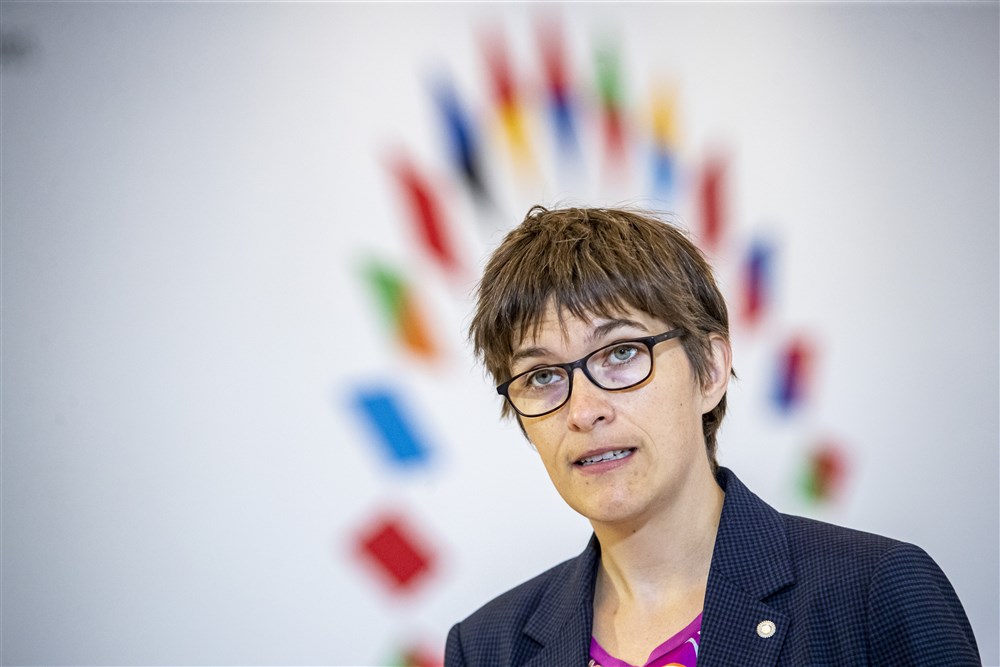In the latest evidence of a growing schism between Budapest and Brussels, Hungary will move its Israeli embassy to Jerusalem, according to Israeli Foreign Minister, Eli Cohen, becoming the first European Union Member State to do so.
Cohen made the claim in a speech to the Budapest Synagogue on Wednesday, footage of which was shared with the Times of Israel.
While Cohen said that Hungary will announce the relocation of the embassy currently based in Tel-Aviv in the coming weeks, the Hungarian Foreign Ministry and its Israel embassy have so far declined to comment. Any such move would likely be seen as highly controversial within European political circles, where support for Israel is not as strong as it is in the United States and elsewhere.
“Hungary supports us in the international arena,” Cohen said. “This is great news for Jerusalem, the capital of the Jewish people for over 3,000 years.”
While Israel declares its official capital to be Jerusalem, Hungary, along with most of the international community, bases its embassy in Tel-Aviv. Hungary had already been condemned by the EU after rumours of the embassy relocation surfaced last March.
Any such move would be seen as another major departure from EU policy for Hungary, as the bloc still firmly maintains its support for the two-state solution in Israel. Under original 1947 UN plans, Jerusalem was to be kept under neutral international sovereignty while the Israelis and Palestinians were to receive their own separate states. However, Israel annexed the full city during the 1967 Six-Day War. In 1980, Israel declared Jerusalem its capital and, in response, the UN called on its member states “to withdraw [their] embassies and diplomatic missions to Israel from Jerusalem”.
However, outside of the EU, an increasing number of countries have been moving their embassies to Jerusalem in recent years, including the United States and Russia.
Cohen’s visit to Budapest is a part of a tour of Central Europe, which also includes Austria, Croatia, Slovakia.
Hungary’s Foreign Minister, Peter Szijjártó, announced that relations between the two countries were at “an historic high point” during his meeting with Cohen. The two discussed Israeli-Hungarian cooperation at length.
Szijjártó said that Hungary will continue to back Israel in international institutions, including a petition to the International Court of Justice to condemn the so-called Palestinian “pay for slay” schemes, where the Palestinian Authority pays salaries to Palestinians imprisoned by Israel for terrorist acts. In addition, he said Hungary would help to thwart attempts to condemn Israel in the Hague.
Szijjártó also condemned what he called the biased “anti-Israel political stance” that he said prevails in much of the EU. He said that Hungary has “had to veto several joint European statements in the recent period which were clearly biased, dishonest, unbalanced, and unfair towards Israel”.
He added that Hungary was “concerned about the modern form of anti-semitism”, which has “reared its head in Western Europe” and that “mass illegal migration” was a major cause of it.
Another item discussed during the meeting included potential cooperation over energy; Israel, working with Cyprus, is planning to create pipelines to export gas from the Eastern Mediterranean to Europe.





